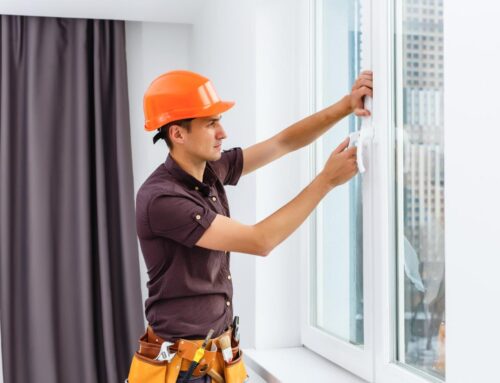Windows are a critical part of any building’s envelope, designed to provide natural light, ventilation, and a visual connection to the outdoors. Yet, for windows to offer these benefits, they must also withstand the elements — from high winds to heavy rain and even potential impacts. Canadian window manufacturers invest in rigorous strength testing to ensure that each product meets industry standards for durability and performance. Through advanced methods and meticulous testing procedures, we strive to bring only the best products to market, providing confidence to homeowners and builders alike.
When it comes to durability, a reputable window manufacturing company prioritizes stringent testing protocols as a cornerstone of product development. The goal is to create windows that resist both environmental and structural stresses. Each phase of testing is carefully designed to mimic real-life conditions, whether it’s the intense winds and snowfall of northern climates or the persistent rain and high humidity common in coastal areas. By analyzing how materials and constructions perform under these varied conditions, manufacturers can make adjustments early in the design phase, ultimately producing windows built to last.
Impact Resistance Testing
Manufacturers conduct impact tests that simulate events like hailstorms or accidental bumps, where the window must be able to resist shattering or cracking. For instance, heavy-duty items are projected at the glass at high speeds to check if it can endure such impacts without compromising safety. These tests are especially important for windows intended for areas with high winds or risk of flying debris, as they must provide dependable security and protection for occupants. The strength testing also evaluates the resilience of the frames, seals, and locks to make sure they can withstand similar impact forces without loosening or breaking. This is extremely important for producing durable casement windows.
Wind and Water Resistance Testing
Canadian window manufacturers must also ensure their products perform well in windy and wet conditions. Wind load tests measure how much force a window can withstand without bending, bowing, or sustaining damage. Windows are subjected to air pressure and vacuum simulations that replicate strong wind forces, which can be especially challenging for high-rise buildings. In water resistance tests, windows are sprayed with pressurized water to determine how well they can prevent leaks during heavy rainstorms. These rigorous processes ensure that windows reduce noise pollution and can hold up against the often extreme Canadian weather, preventing drafts and leaks that could lead to costly damage and reduced energy efficiency.
Temperature and Thermal Performance
For Canadian homes, which experience drastic temperature shifts throughout the year, thermal performance testing is crucial. Manufacturers place windows in temperature-controlled environments, cycling them between extreme heat and cold to monitor expansion, contraction, and potential material degradation. Windows are evaluated on their ability to maintain an airtight seal despite these fluctuations, ensuring that they provide optimal insulation for the building. This level of testing is essential for energy efficiency, as a window with optimal insulation helps maintain consistent indoor temperatures, leading to lower heating and cooling costs.
UV and Fade Resistance
In addition to structural and thermal durability, manufacturers must also consider the effects of prolonged sun exposure on windows. Glass and frame materials undergo ultraviolet (UV) resistance tests to determine how they withstand long-term exposure to sunlight. Without this testing, the materials could weaken or become discoloured over time. UV testing allows manufacturers to identify treatments and coatings that can extend the lifespan of the different types of glass and frames, ensuring that they remain strong and visually appealing even after years of exposure.
Quality Control and Certification
Beyond individual strength tests, many window manufacturing companies subject their products to independent third-party certification to guarantee quality standards are met. These certifications give homeowners confidence that their windows meet national and industry-specific standards for performance and safety. For instance, certifications such as Energy Star Canada are crucial indicators that the windows are both energy-efficient and built to endure harsh weather. Additionally, ongoing quality control checks throughout production help maintain these standards, so every window that reaches the market can provide reliable durability.
In Conclusion
Strength testing is a vital step in window manufacturing, ensuring that products meet the high durability expectations set by both consumers and regulatory standards. By simulating real-world conditions, manufacturers can identify and resolve potential weaknesses early on, ultimately creating windows that stand up to extreme weather, impacts, and the passage of time. This commitment to quality and testing allows Canadian window suppliers to deliver products that not only enhance the beauty and comfort of homes but also provide long-lasting resilience against environmental challenges.




